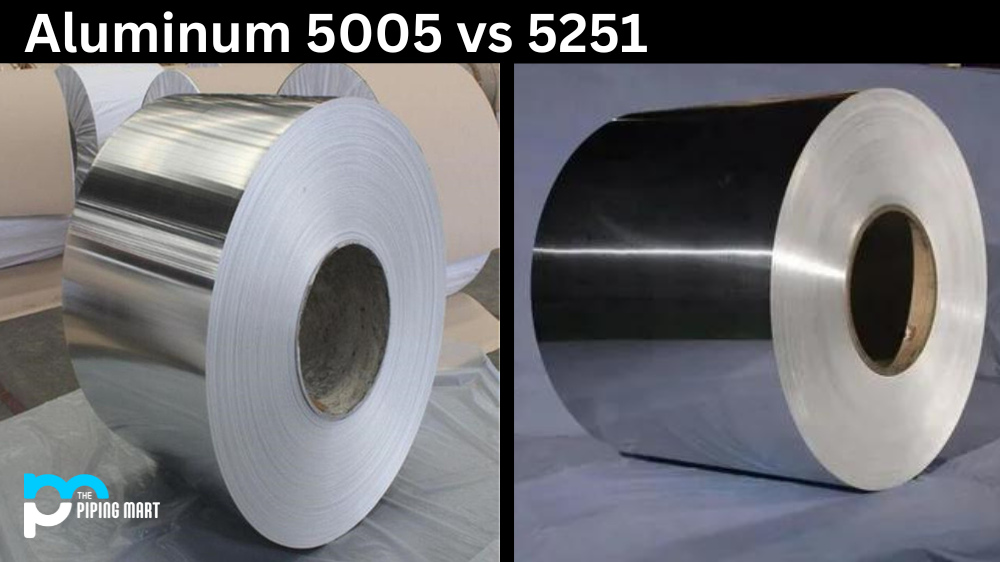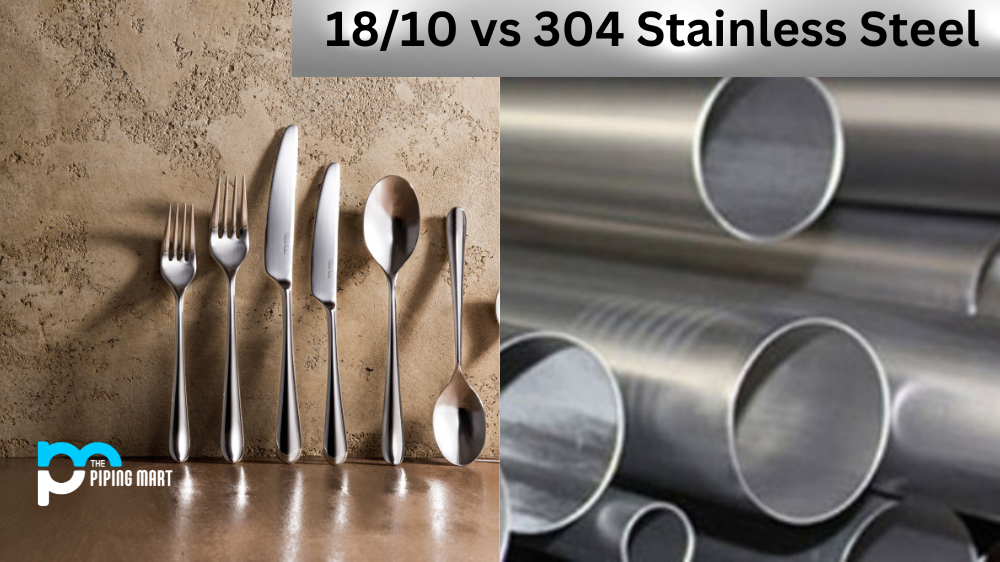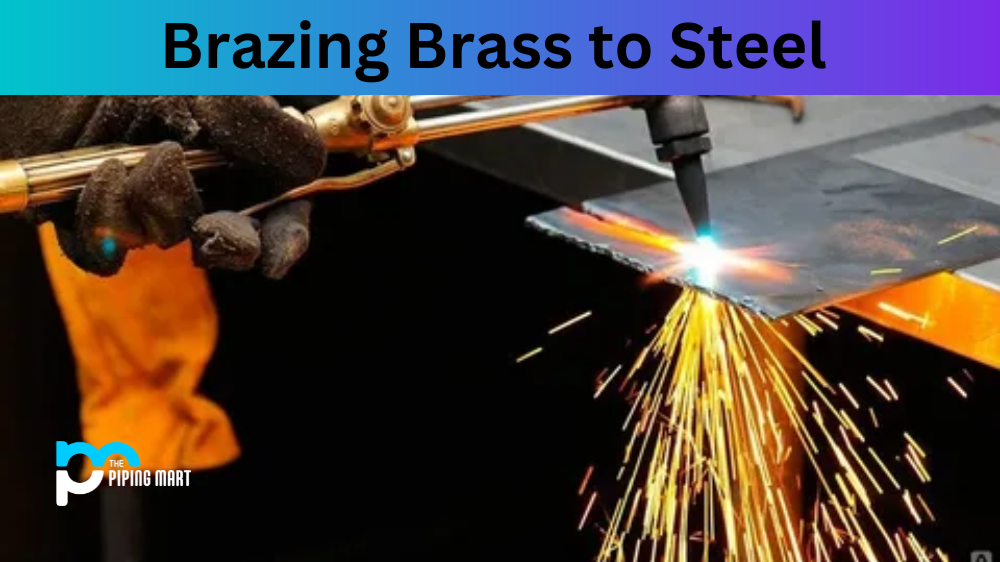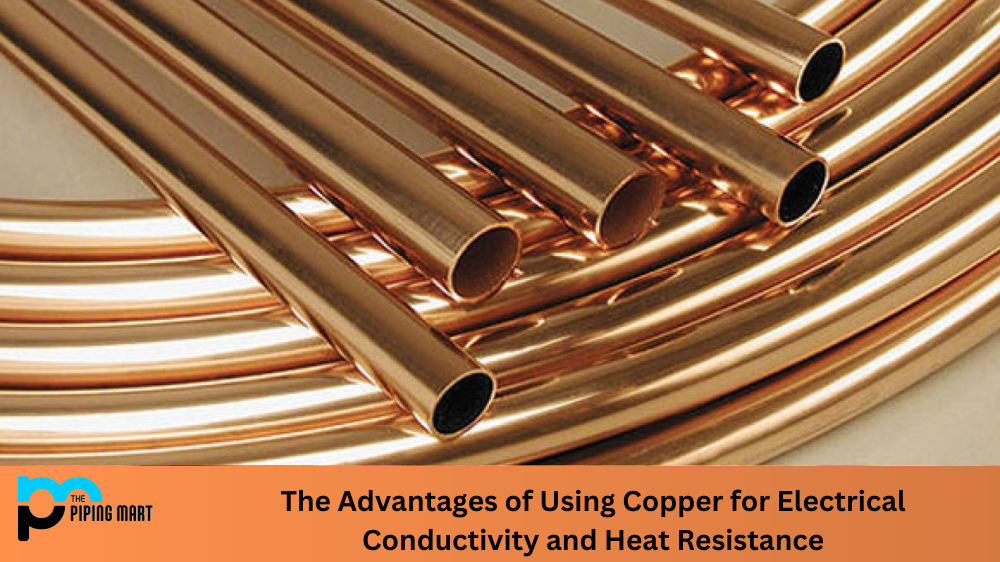Aluminum is an essential material in various industries like construction and transportation. Its durability, strength, and lightweight properties make it popular among manufacturers and builders. Two aluminium alloys that often get compared are 5005 and 5251. While they may look similar, they have different compositions and functions. So, which one is better? In this blog post, we’ll explore the differences between Aluminum 5005 and 5251 to help you pick the suitable option for your project.
What is Aluminium 5005?
Aluminum 5005 is a non-heat treatable alloy with excellent corrosion resistance and formability. It is commonly used in applications ranging from road signs, kitchen equipment, and vehicle body panels. Aluminium 5005 is an alloy that contains 0.8% magnesium, 0.5% manganese, and a small amount of copper. It has excellent corrosion resistance, weldability and workability, making it ideal for various applications in the automotive industry and beyond.
What is Aluminum 5251?
Aluminium 5251 is an alloy with 5.2% magnesium, 0.25% chromium and 91.75% aluminium by weight. It has excellent corrosion resistance, high ductility and weldability, making it suitable for many applications in the automotive and aerospace industries.
Difference Between Aluminum 5005 and 5251
Composition
The primary difference between Aluminium 5005 and 5251 is their chemical composition. Aluminium 5005 contains magnesium, while 5251 includes magnesium and chromium. Magnesium provides strength and corrosion resistance to aluminium alloys, while chromium enhances its surface finishing and welding capabilities. Therefore, 5251 has better welding characteristics, while 5005 offers better corrosion resistance. Suppose you’re looking for an aluminium alloy with better durability and weather resistance. In that case, 5005 is the way to go, while if you want better welding and surface finishing capabilities, 5251 is the ideal option.
Applications
Both aluminium alloys are common in various industries like construction, transportation, and marine. Aluminum 5005 is often used in architectural and building applications like roofing, siding panels, and kitchen equipment. It’s also ideal for marine applications and chemical equipment due to its resistance to saltwater. On the other hand, Aluminium 5251 is popularly used in the automotive and transport industry due to its excellent forming properties. It also works well in marine equipment and shipbuilding.
Surface Finish
When it comes to surface finish, Aluminum 5251 is the better pick. Its chromium component makes it more receptive to anodizing, painting, or other finishes. It’s ideal for applications where appearance matters, like architectural projects that require a specific colour or finish. On the other hand, Aluminium 5005 may experience surface discolourations when exposed to sunlight or heat. If surface finish is crucial to your project, go for aluminium 5251.
Cost
Another significant difference between these aluminium alloys is their price point. Generally, Aluminum 5005 is less expensive than 5251, making it a more budget-friendly option for builders and manufacturers who need large volumes. However, you should consider the specific application and requirements when picking between the two, as sometimes the long-term cost of a cheaper material may be higher due to repair or maintenance expenses.
Conclusion
In summary, Aluminium 5005 and 5251 have unique attributes that suit diverse applications. The choice ultimately depends on your project’s requirements, such as strength, corrosion resistance, welding characteristics, surface finish, budget, etc. If you’re working on a construction or marine project and require an aluminium alloy that will resist corrosion and stains over time, Aluminium 5005 is your best bet. But if you’re a manufacturer in the automotive or transport industry looking for an aluminium alloy with excellent forming and shaping capabilities, Aluminium 5251 is the recommended choice. Make sure you consider each of these differences when making your final decision.

Abhishek is a seasoned blogger and industry expert, sharing his insights and knowledge on various topics. With his research, Abhishek offers valuable insights and tips for professionals and enthusiasts. Follow him for expert advice on the latest trends and developments in the metal industry.




